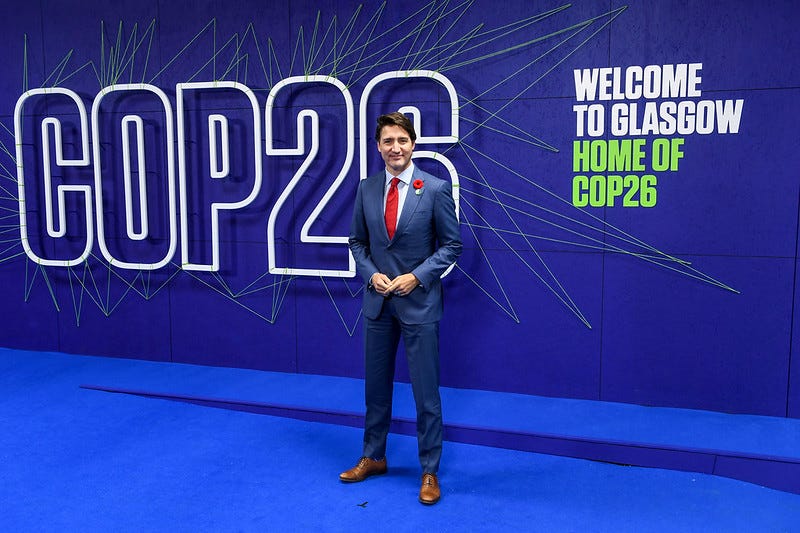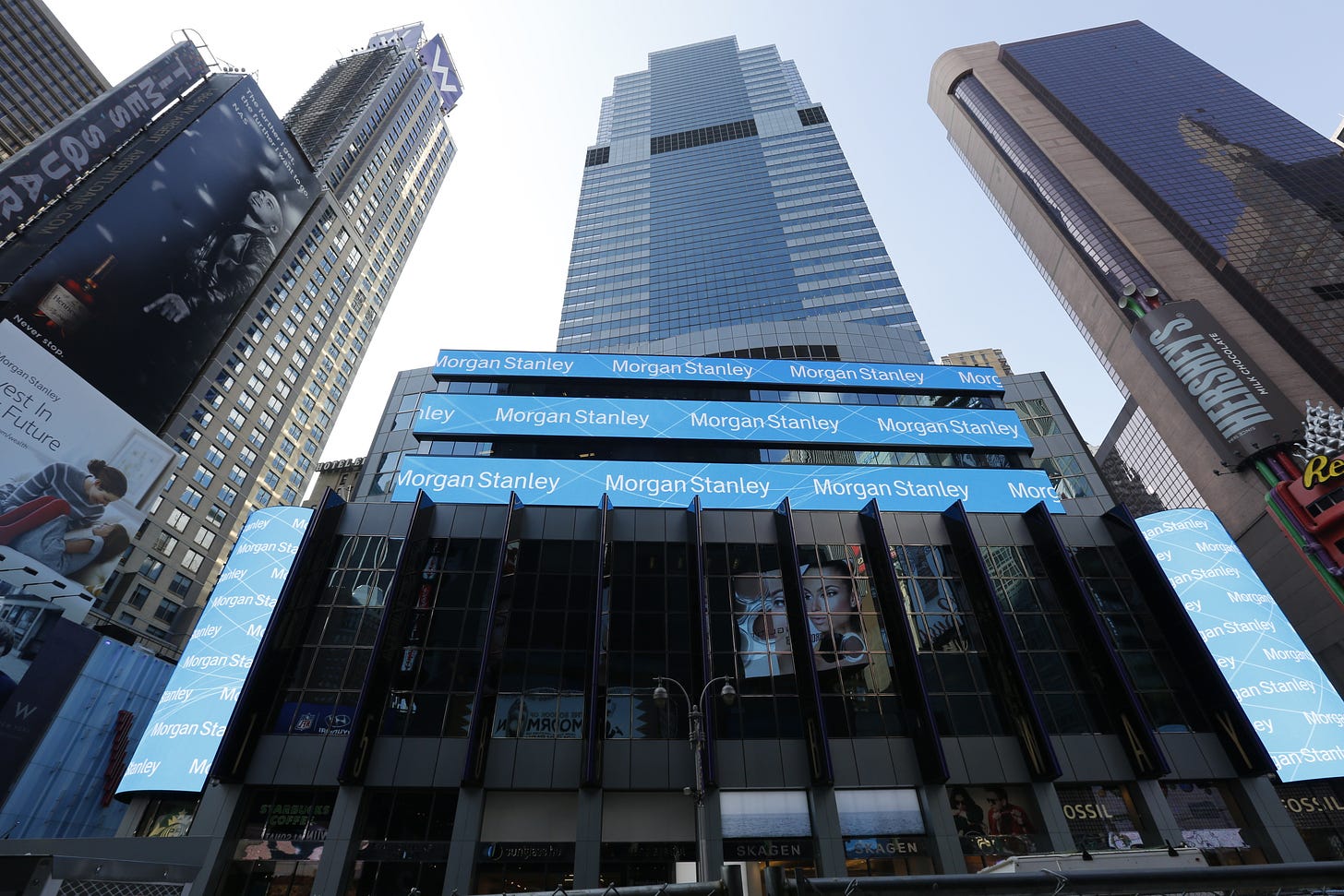Trudeau's departure sets Canada on ominous climate course
Plus, banking climate initiative restructures following high-profile defections
In today’s edition:
— Justin Trudeau one of the last Glasgow climate leaders to exit as emissions tax era ends
— Morgan Stanley the latest bank to resign from global climate banking alliance
— How to distinguish climate change from weather
— Clean energy industry ends Biden era with record renewable energy projects underway
— Ten hottest years in history were in the past decade, UN chief says
No bigger story, as one of my top editors used to say, this week for climate investors than the resignation of Canadian leader Justin Trudeau, which will end a decade of climate initiatives that had Canada and Trudeau at the forefront of the international effort to fight global warming.
While his departure was not unexpected, as most governments tend to hit their sell-by dates after a decade or so, his climate progress — particularly Canada’s controversial carbon emissions tax — will almost certainly be reversed as the pro-oil Conservative Party rides into power lates this year behind the slogan, “Axe the tax.”
The tax, which was a centerpiece of a broad array of subsidies and emission-reduction schemes that made up Trudeau’s climate efforts, is currently at 80 Canadian dollars ($56) and is projected to rise to C$170 by 2030. According to Bloomberg, citing government figures, it reduced Canada’s emissions by about 8.5% from 2005 to 20023. That is well below the 40% to 50% the plan calls for by 2030, but not bad in the face of high oil prices that raised productivity and, of course, Canada’s horrendous wildfires over the past few years.
The collapse of the Canadian government, which follows similar breakdowns in France, Germany and South Korea in the past six weeks, will lead to new elections, likely sometime this spring. One possible successor to Trudeau is Mark Carney, the former Bank of Canada chief, who has made his name in global climate circles in recent years.
Carney, who currently is presiding over the rapidly unfolding Glasgow Financial Alliance for Net-Zero (see insight below), said Monday he might consider running. But he might think twice. Even his gravitas won’t be enough to stem the right-wing tide which is sweeping to power in the U.S. and Europe in the past year and challenging the global climate effort.
One by one, the leaders of the Glasgow summit that yielded such promise just three years ago, are falling by the wayside. Frans Timmermans, John Kerry, President Joe Biden, Trudeau, and at least in stature, Carney. Only Mike Bloomberg remains in the fight — ever the outsider.
The structure of the climate battle will change dramatically this coming year, much more toward energy security and carbon removal technologies. Nuclear will be in, while electric vehicles will be out. Investors will adapt, as always. Whether Canada does is another story.
(Editor’s note: 2025 is going to be a busy year for climate and transition finance, and we’re ready for it. But due to some medical obligations, Callaway Climate Insights will be, starting Thursday, published intermittently over the next two weeks. Keep an eye on your inbox.)
Don’t forget to contact me directly if you have suggestions or ideas dcallaway@callawayclimateinsights.com.
Follow us . . . .
Twitter | LinkedIn | Facebook | Instagram
Tuesday’s subscriber insights
Morgan Stanley’s exit from banking climate group
Keep reading with a 7-day free trial
Subscribe to Callaway Climate Insights to keep reading this post and get 7 days of free access to the full post archives.



